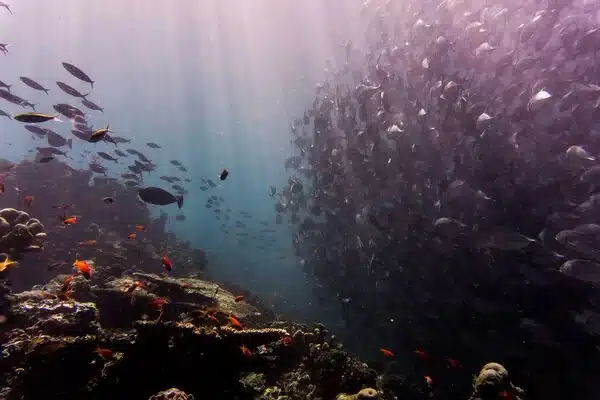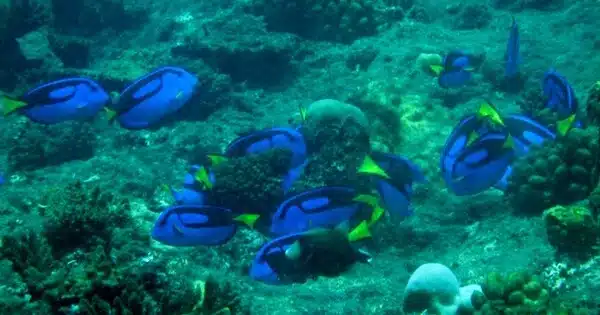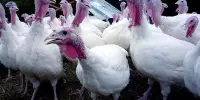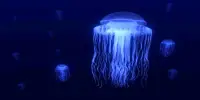New research has produced the first global estimate of the amount of fish and invertebrates in the Marine Aquarium Trade (MAT), with the goal of incentivizing industry sustainability and coral reef protection. Every year, 55 million organisms are sold for $2.15 billion in retail value, putting the MAT on a level with global fisheries like tuna in terms of economic significance.
The report, published in Science Advances, estimates that there are already over 8,000 stores worldwide and 6.7 million marine enthusiasts. This figure is predicted to rise to 45 million by 2100 as populations grow and countries enhance their income.
Species traded for aquariums are worth more money per kilogram, compared to fish for food. For example, the average price achieved by the fishers for the MAT is $148 per kg, whereas tuna is $3 per kg.
We know that MAT puts stress on key habitats, but it can also help stimulate enthusiasm for marine conservation, and it is a valuable source of income for many communities. Aquariums are a great way to educate people about how critical coral reefs are to a healthy and productive planet.
Professor Gordon Watson
More than 25 percent of all known marine species – including high-value fish and organisms – are found on coral reefs. These ecosystems are crucial to millions of people as they provide a quarter of all the fish caught by developing countries that border the reefs. However, scientists warn the aquarium trade is at a crossroads forced by threats from global climate change and other stressors.
Lead author, Professor Gordon Watson from the University of Portsmouth’s School of Biological Sciences, said: “We know that MAT puts stress on key habitats, but it can also help stimulate enthusiasm for marine conservation, and it is a valuable source of income for many communities. Aquariums are a great way to educate people about how critical coral reefs are to a healthy and productive planet.”
This paper estimates there are around 500 species being regularly traded in the MAT; 210 fish, and 296 inverts. Twenty-five were identified as being at extremely high risk of being overfished, including species of snails, hermit crabs, and the Bangaii cardinal fish. Indonesian and Sulu-Celebes Seas are the areas most exploited.

“The Marine Aquarium Trade is a hugely valuable industry that has the leverage to generate change, providing a framework for fishers and governments to protect reefs, and as a result the communities that rely on them,” said Dr. Watson.
“However, data gaps are fueling calls for an international trade embargo. Our research helps to fill up some of the gaps.
Despite increased public awareness of the MAT’s environmental impact, the authors warn that if nothing changes, it will become an aquaculture-dominated industry. This would result in species being farmed away from reefs and the coastal communities that rely on them to support their economies, or in more destructive fishing tactics.
Professor Watson said: “The trade finds itself at a crossroads with near-future governance decisions being critical for its long-term future. These choices can be distilled into a ‘business-as-usual’ approach or a ‘MAT positive’ one.”
The study has outlined a number of ways the MAT can become more sustainable:
- Species stock assessment of those most at risk and put in stock management
- Address mortality in the chain of custody
- Support local coral reef protection and restoration programmes
- Governance structures needed, similar systems to the tuna
- Successful introduction of the Fairtrade/MSC certification-style system to help implement these things
The paper concludes by saying a ‘MAT-positive’ future is imaginable, but requires real action on climate change, evidence-based management, consumer education, sustainable practice incentivisation, and over-exploitation assessments to ensure that the MAT becomes a ‘force-for-good’ and paradigm of sustainable coral reef fisheries.
















